Pittsburgh’s Most Frequently Overlooked Home Inspection Areas
While many local homeowners understand the importance of a home inspection, certain areas tend to get overlooked during this process. These often-neglected areas can hide potential issues that might cost you in the long run if left unaddressed. In this article, we’ll shed light on Pittsburgh’s most frequently overlooked home inspection areas to help you make an informed decision when purchasing a property.
1. Crawl Spaces and Basements:
Pittsburgh’s diverse climate can lead to moisture problems, and these areas are particularly susceptible to mold, mildew, and water damage. A thorough inspection of crawl spaces and basements can uncover issues that might not be immediately visible, such as leaks, cracks, or foundation problems.
2. Chimneys and Fireplaces:
With Pittsburgh’s cold winters, fireplaces are often seen as a cozy feature. However, chimneys and fireplaces require regular maintenance and inspections to ensure they are safe and in proper working condition. Issues like creosote buildup, damaged flues, or improper ventilation can pose safety risks if overlooked.
3. Attics:
Attics are easily forgotten, but they can hide a multitude of issues. Inspecting the attic for signs of leaks, insulation problems, or pest infestations is essential. Proper insulation and ventilation are crucial in Pittsburgh to maintain energy efficiency and prevent ice dams on the roof during winter.
4. Electrical Systems:
While some homeowners may pay attention to visible electrical issues, a comprehensive electrical inspection should go beyond that. Checking the entire electrical system, including the panel, outlets, and wiring, can uncover safety hazards like outdated wiring, overloaded circuits, or faulty connections.
5. Plumbing:
Pittsburgh’s older homes often have outdated plumbing systems that can be prone to leaks, corrosion, and other issues. Inspecting pipes, fixtures, and drainage systems can prevent costly water damage down the road.
6. Exterior Drainage:
Proper drainage is crucial to prevent water from infiltrating your home’s foundation, especially in Pittsburgh’s hilly terrain. Checking the grading, downspouts, and drainage systems around the property is essential to keep your basement dry.
7. Radon Levels:
Pittsburgh is known for having elevated radon levels, which can pose a serious health risk. Radon is an odorless, colorless gas that seeps into homes through the ground. Testing for radon during a home inspection is vital to ensure your family’s safety.
8. HVAC Systems:
Heating and cooling systems should be thoroughly inspected to ensure they are in good working order. Pittsburgh’s varying temperatures throughout the year make a reliable HVAC system essential for comfort and energy efficiency.
9. Outdoor Structures:
If the property has outdoor structures such as decks, patios, or fences, don’t forget to inspect them as well. Ensure they are structurally sound and free from rot, decay, or pest damage.
For these reasons and more, it has never been more important to schedule a professional home inspection to ensure your home is safe and sound!

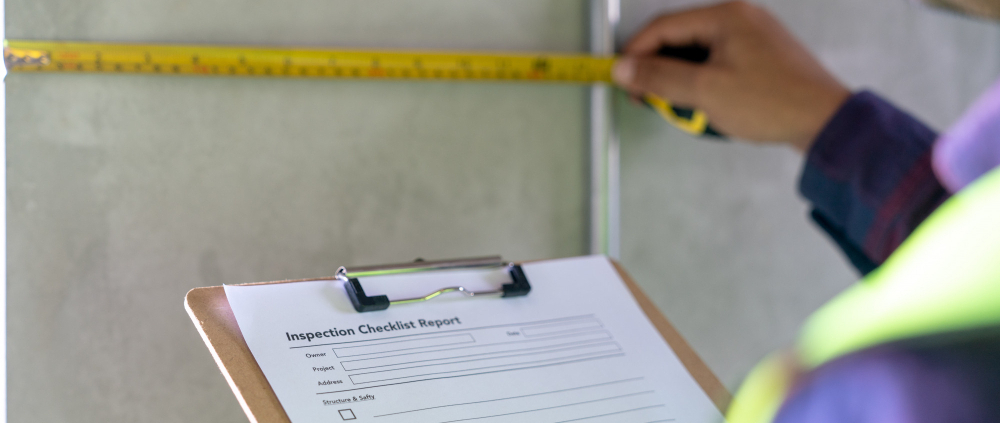


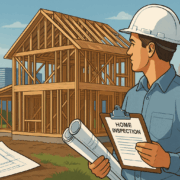
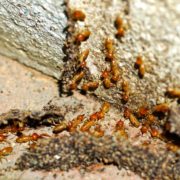

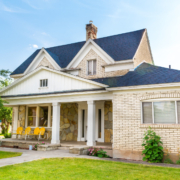

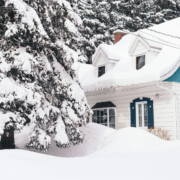


Leave a Reply
Want to join the discussion?Feel free to contribute!